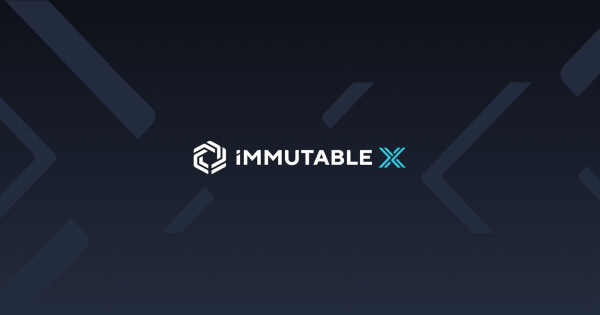Joerg Hiller
Sep 27, 2024 10:54
Explore the rise of mobile platforms in Web3 gaming, accounting for 70% of the market. Learn about key milestones and the future of mobile Web3 gaming.
Web3 gaming has evolved significantly from its desktop-only origins. Today, mobile platforms have taken center stage, accounting for approximately 70% of the overall gaming market, according to Immutable (IMX).
Evolution of Mobile Web3 Gaming
Initially, Web3 gaming was predominantly a desktop phenomenon, with early games like CryptoKitties and Gods Unchained designed for browser-based play. These games leveraged the MetaMask wallet experience, which was familiar to many users.
Immutable, recognizing the vast potential of the mobile market, began exploring how to create a compliant and user-friendly platform for mobile Web3 games early on. This foresight has positioned Immutable at the forefront of the mobile Web3 gaming revolution.
Challenges and Early Solutions
Developers faced several hurdles when they first ventured into mobile Web3 gaming. App store policies were ambiguous, and integrating blockchain features within the mobile ecosystem posed significant challenges. Some early pioneers attempted to bypass app store restrictions. For instance, games like Stepn and Axie Infinity launched mobile versions that operated outside official app store guidelines, sometimes using Apple’s TestFlight platform to distribute full games without standard approval.
Rather than rushing to market with non-compliant solutions, Immutable focused on building a robust foundation that could withstand regulatory scrutiny.
Policy Changes and Industry Milestones
The landscape shifted dramatically when major app stores updated their policies to offer clearer guidelines for Web3 games. On July 12, 2023, Google Play announced it would allow blockchain-based apps and games, including those using NFTs, with the policy going into full effect on December 7, 2023. Apple has also opened the door to Web3 gaming, albeit with stricter guidelines. Apple now permits NFTs in apps but requires them to be sold through in-app purchases with a 30% commission.
These policy updates provided a clear framework for developers, marking a turning point for the industry. Immutable was well-positioned to capitalize on these changes, having already developed solutions to key challenges in mobile Web3 gaming.
Immutable’s Contributions and Future Prospects
Immutable has made significant strides in addressing critical issues in mobile Web3 gaming:
- Wallet integration: The Immutable Passport offers a seamless, in-app wallet solution, eliminating the need for players to juggle multiple apps.
- App Store Compliance: Immutable has worked diligently to ensure its platform and games adhere to app store guidelines, providing a safe and compliant environment for developers and players alike.
- Player Experience: By abstracting much of the complexity of blockchain interactions, Immutable has created a player experience that feels native to mobile gaming.
Successful launches of mobile Web3 games like Guild of Guardians and Gods Unchained demonstrate the viability of creating engaging, compliant Web3 experiences on mobile platforms.
Today, the majority of new Web3 games are being developed with mobile in mind. This trend reflects the broader gaming market and the growing acceptance of blockchain technology in the mobile space.
Immutable continues to push the boundaries of what’s possible on mobile. Its platform offers a comprehensive solution for both Web3 native developers and traditional game studios looking to enter the blockchain space. With Immutable, developers can focus on creating great games, while the platform handles the complexities of blockchain integration, app store compliance, and player experience.
As mobile becomes the primary battleground for Web3 gaming adoption, Immutable is poised to help developers navigate this exciting frontier, building the next generation of games that will redefine the industry and deliver unprecedented value to gamers worldwide.
Image source: Shutterstock
Credit: Source link












































